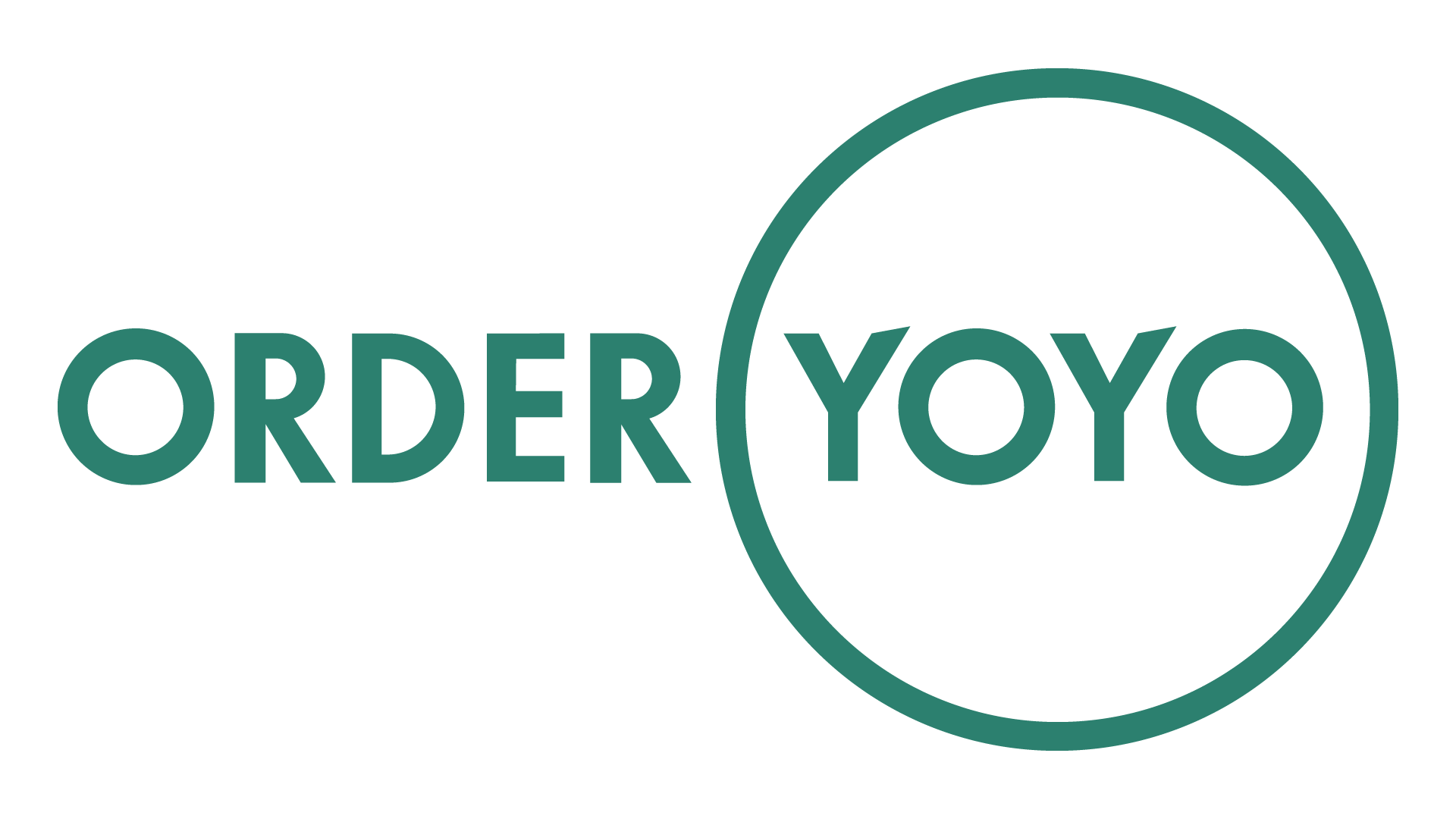As a responsible restaurant owner or operator, the safety of your guests and employees should be a top priority. One critical aspect of ensuring their well-being is fire protection. A fire not only poses a threat to property but can also lead to severe injuries or even fatalities. To safeguard your restaurant from such risks, it is crucial to implement effective fire protection measures. In this article, we will explore essential precautions that every restaurant and takeout business should take to mitigate the dangers of fire.
Measures for Fire Protection in the Restaurant Industry:
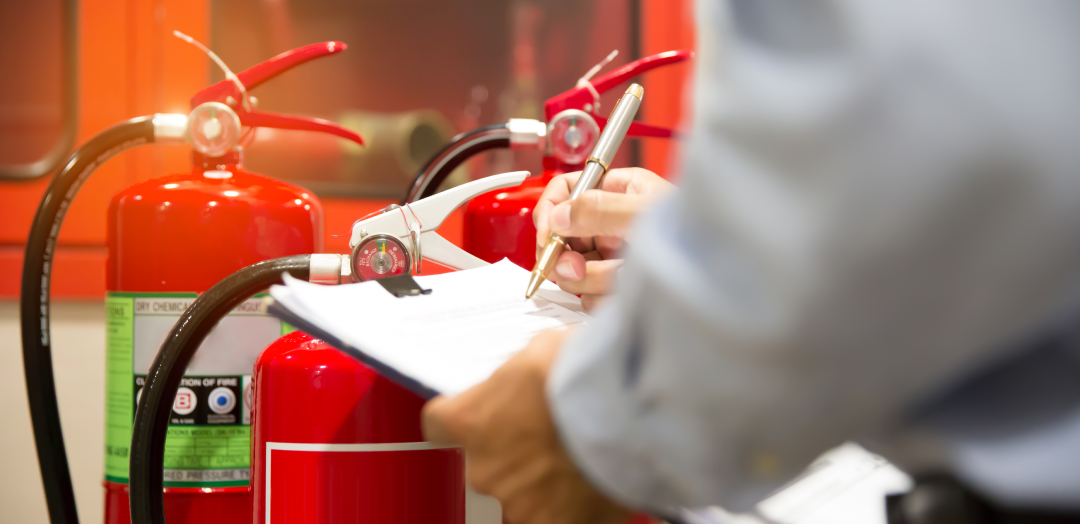
Adequate Fire Extinguishers:
Maintain an appropriate number of fire extinguishers based on the size of your establishment. Regularly inspect and service them to ensure their functionality. Strategically place fire extinguishers in highly visible and easily accessible locations throughout your restaurant.
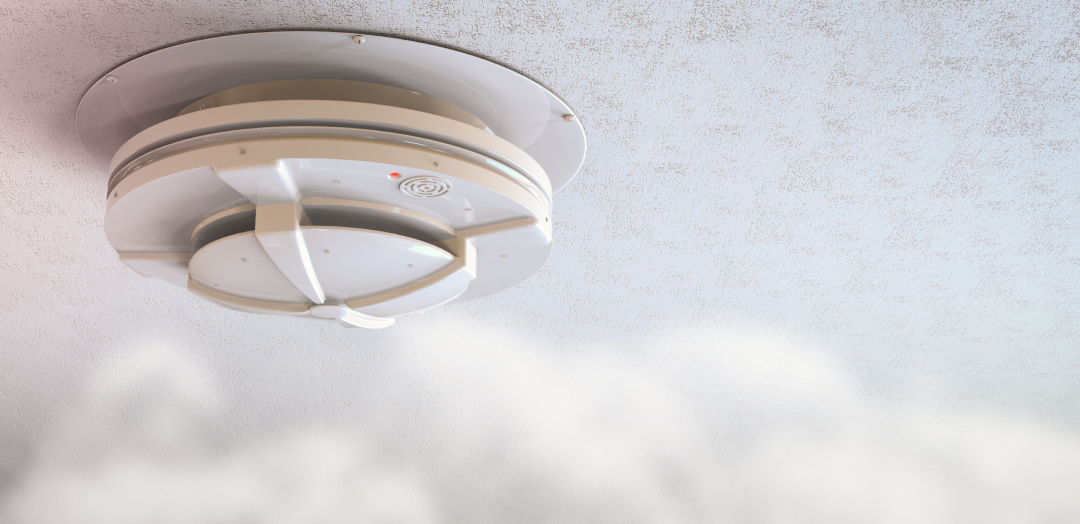
Reliable Smoke Detectors:
Install smoke detectors in all areas of your restaurant, paying particular attention to the kitchen and storage areas. Routinely test and maintain these detectors to ensure they remain operational at all times.

Fire-Resistant Doors and Walls:
Equip your restaurant with adequate fire doors and walls to limit the spread of a fire. These barriers help confine flames to specific areas, allowing for safer evacuation and minimizing damage.

Regular Maintenance of Electrical Devices:
Implement a comprehensive maintenance and inspection routine for all electrical devices in your restaurant. Faulty equipment can quickly lead to short circuits and potentially result in fires. Regular checks ensure that any issues are promptly identified and resolved.
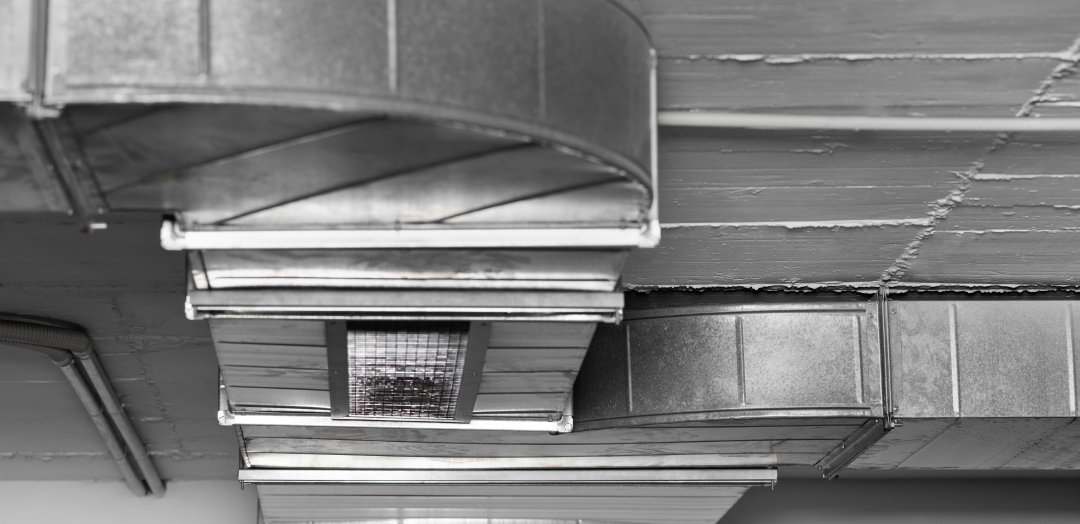
Proper Maintenance of Exhaust Systems:
Kitchen areas frequently utilize exhaust systems to remove steam and smoke. Regularly clean and maintain these systems to prevent the accumulation of grease, which can become a fire hazard due to overheating.
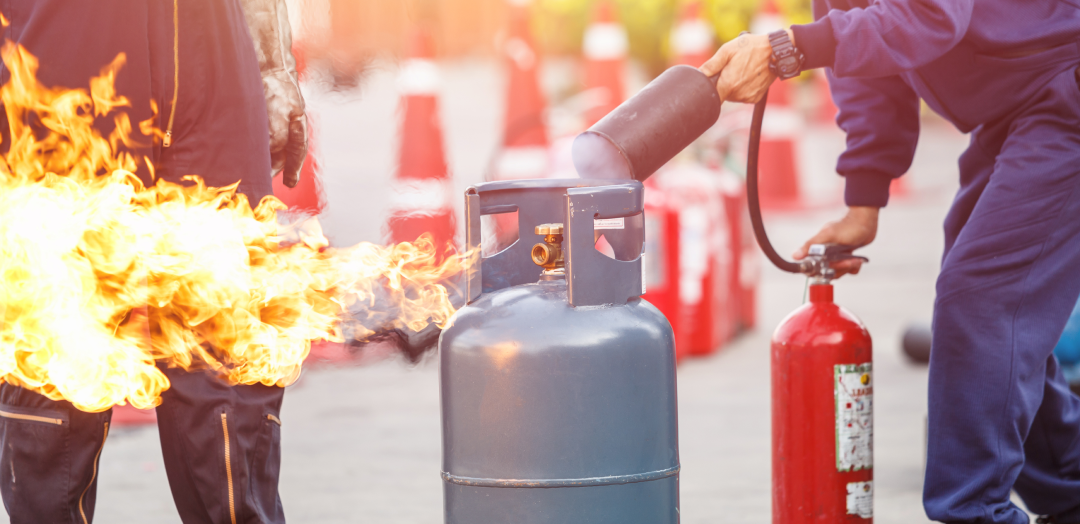
Fire Safety Training for Employees:
In addition to the aforementioned measures, conducting regular fire safety training for your employees is essential. By providing them with the necessary knowledge and skills, they can respond appropriately in case of an emergency, ensuring the safety of both guests and themselves. Key elements of fire safety training should include:
• Familiarizing employees with the locations of fire extinguishers and emergency exits.
• Educating them on the correct usage of fire extinguishers and other fire safety equipment.
• Practicing proper emergency procedures and evacuation protocols.
Establishing a Comprehensive Fire Protection Concept:
To optimize fire protection efforts, it is advisable to develop a thorough fire protection concept. This document should outline all the measures and precautions necessary to prevent fires and respond promptly in the event of an emergency. Regularly review and update the fire protection concept to ensure its relevance and effectiveness.

Conducting Routine Fire Safety Inspections:
Regularly engage professional fire safety inspectors to assess your restaurant’s fire safety measures. These inspections will help identify any potential deficiencies and provide recommendations on addressing them. Aim to schedule a comprehensive fire safety inspection at least once a year to ensure compliance with applicable regulations.
Conclusion:
The impact of a fire within the restaurant industry can be catastrophic, leading to property damage and loss of life. As a restaurant owner or operator, it is your responsibility to implement all necessary measures to protect your establishment. By providing fire extinguishers, installing smoke detectors, equipping your premises with fire-resistant doors and walls, and conducting regular fire safety training for your employees, you can significantly enhance your fire protection capabilities. Additionally, developing a comprehensive fire protection concept and engaging in routine fire safety inspections will further reinforce your commitment to maintaining a safe environment. By prioritizing fire protection measures, you can effectively respond to emergencies and minimize damage, thereby ensuring the safety of your valued guests and dedicated employees.
